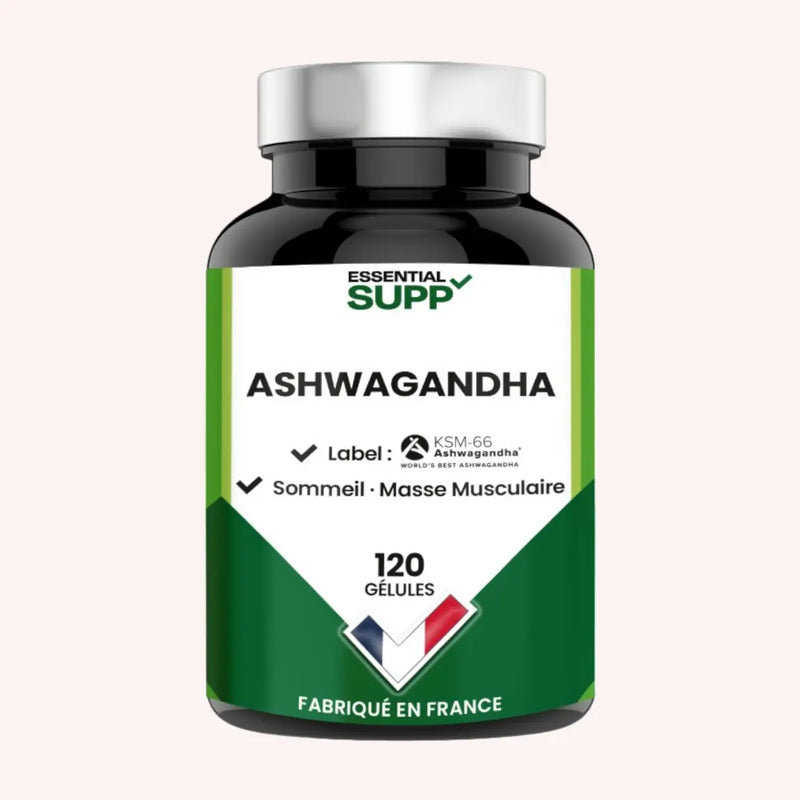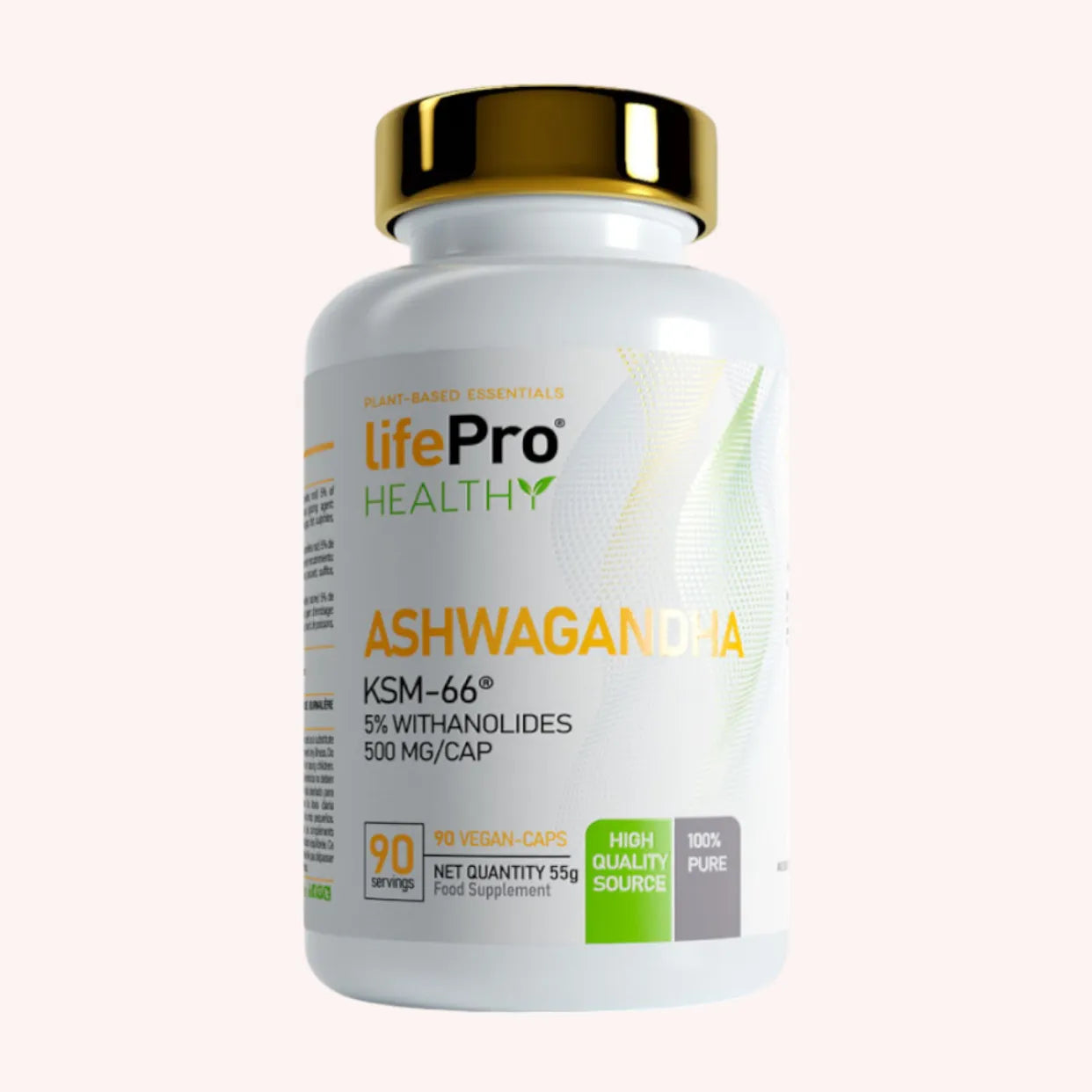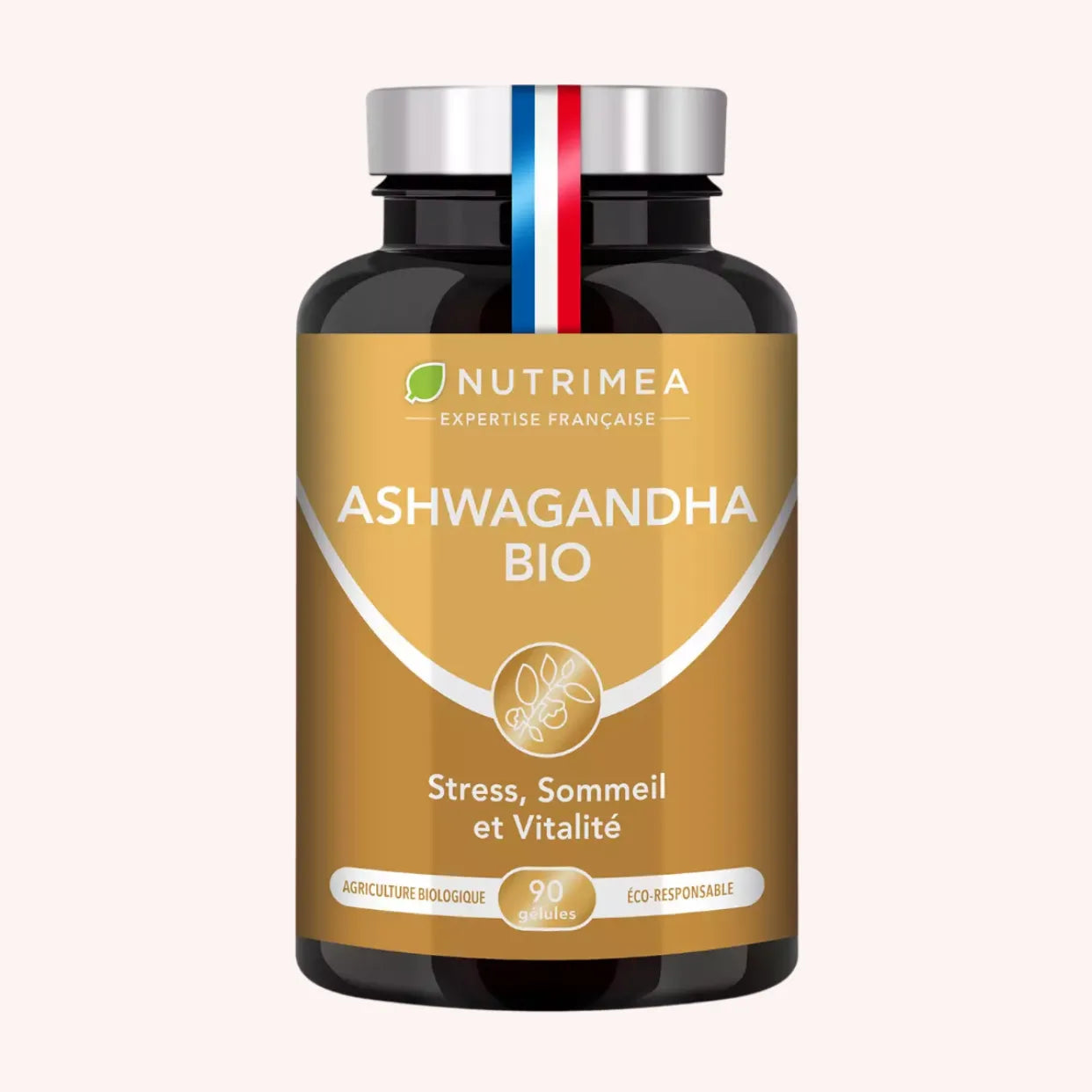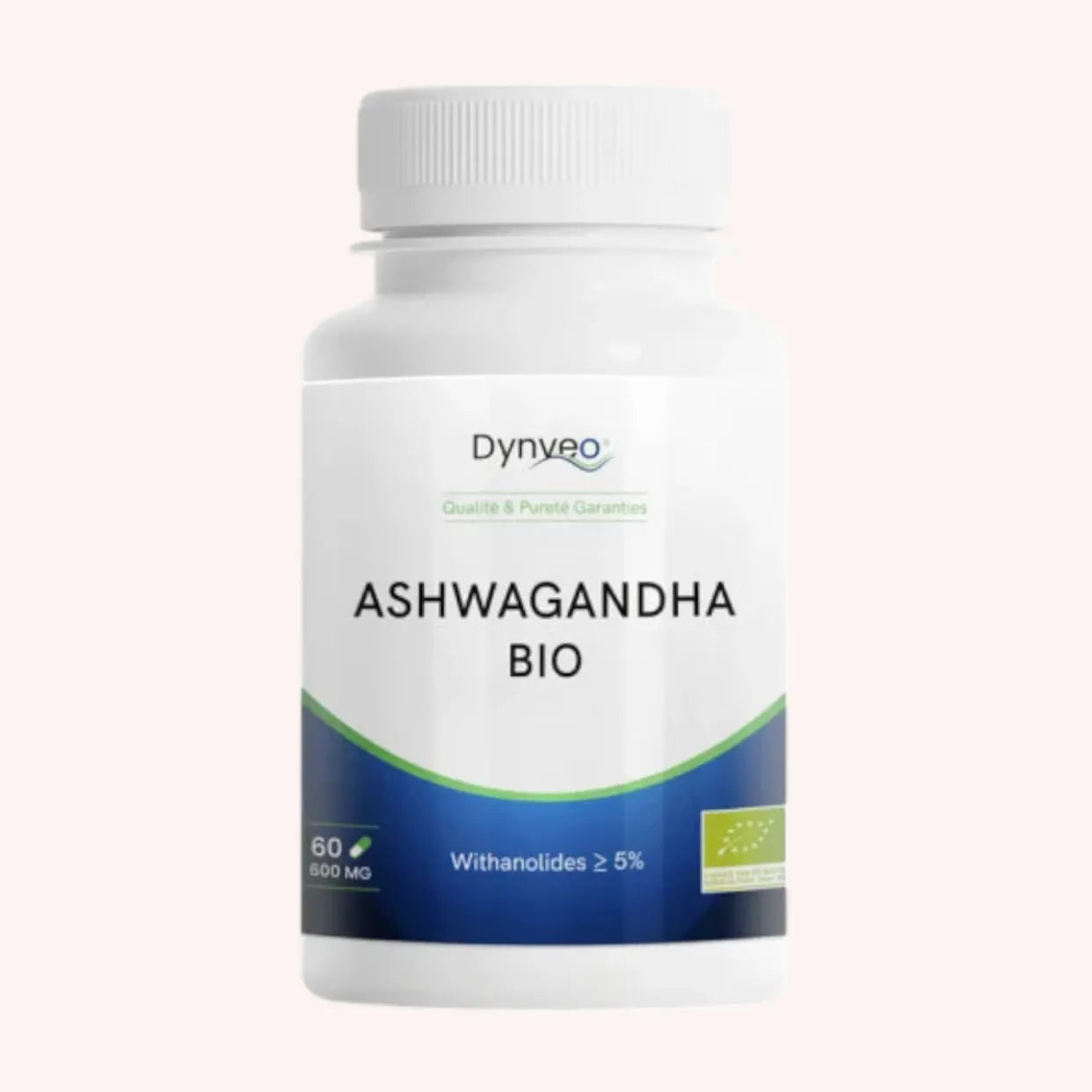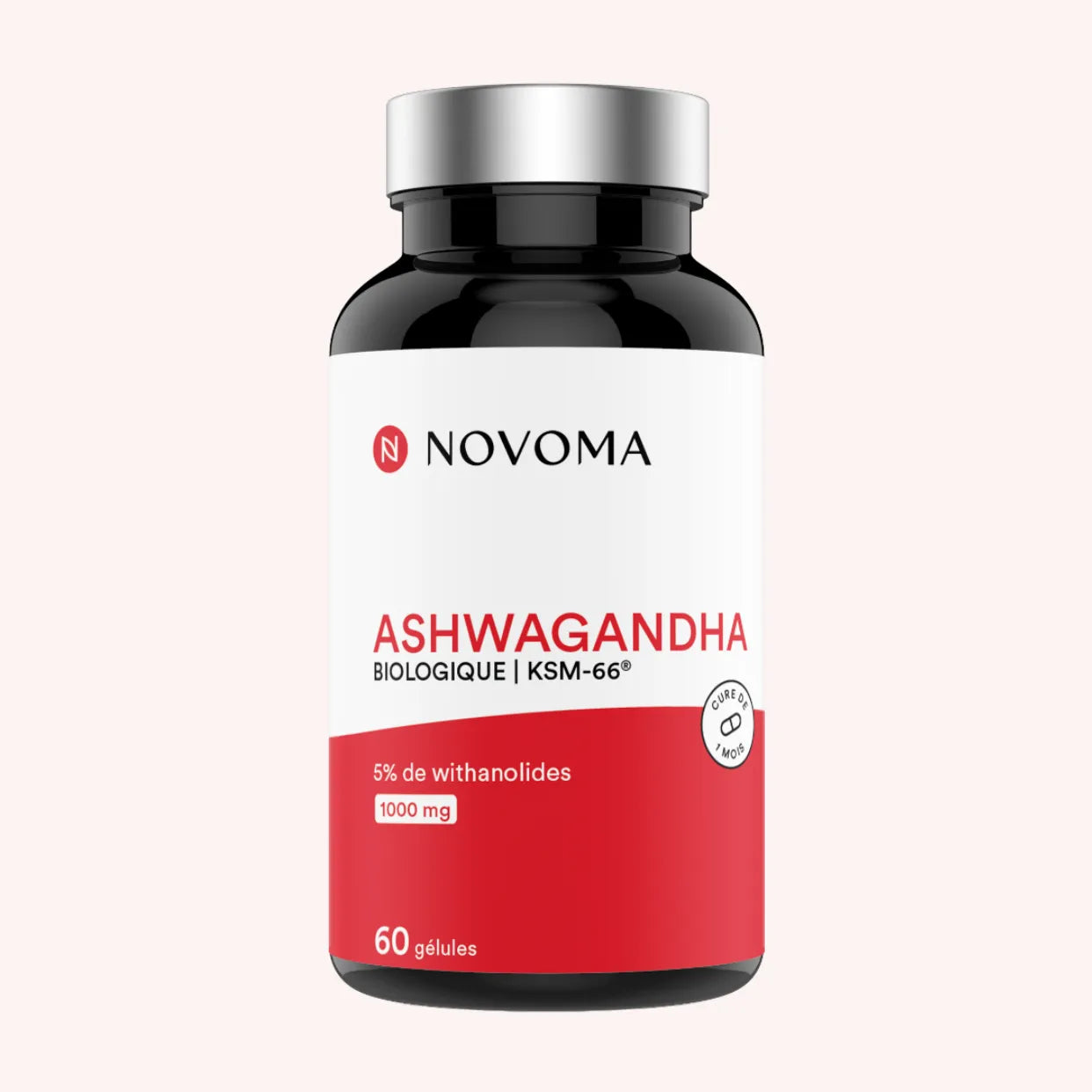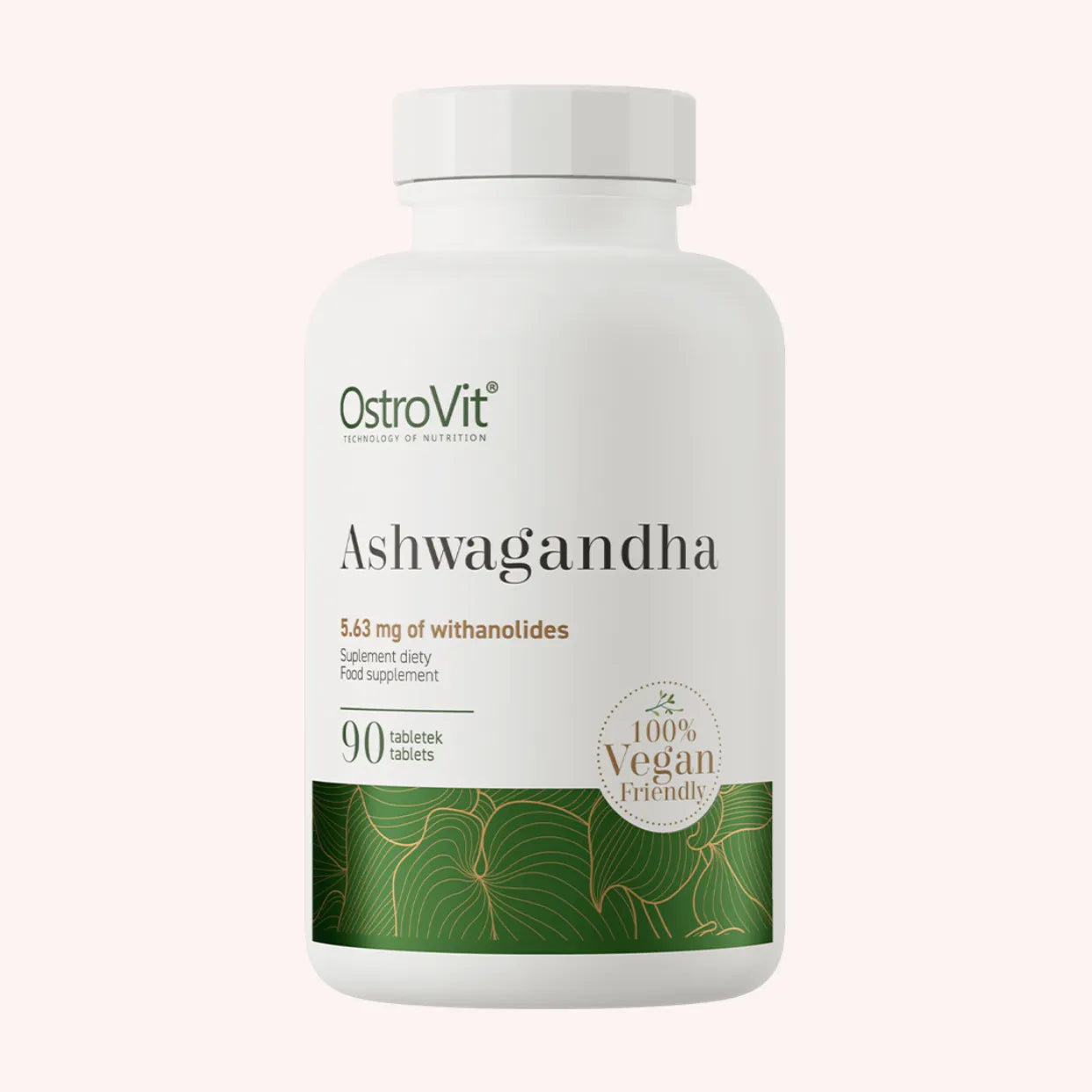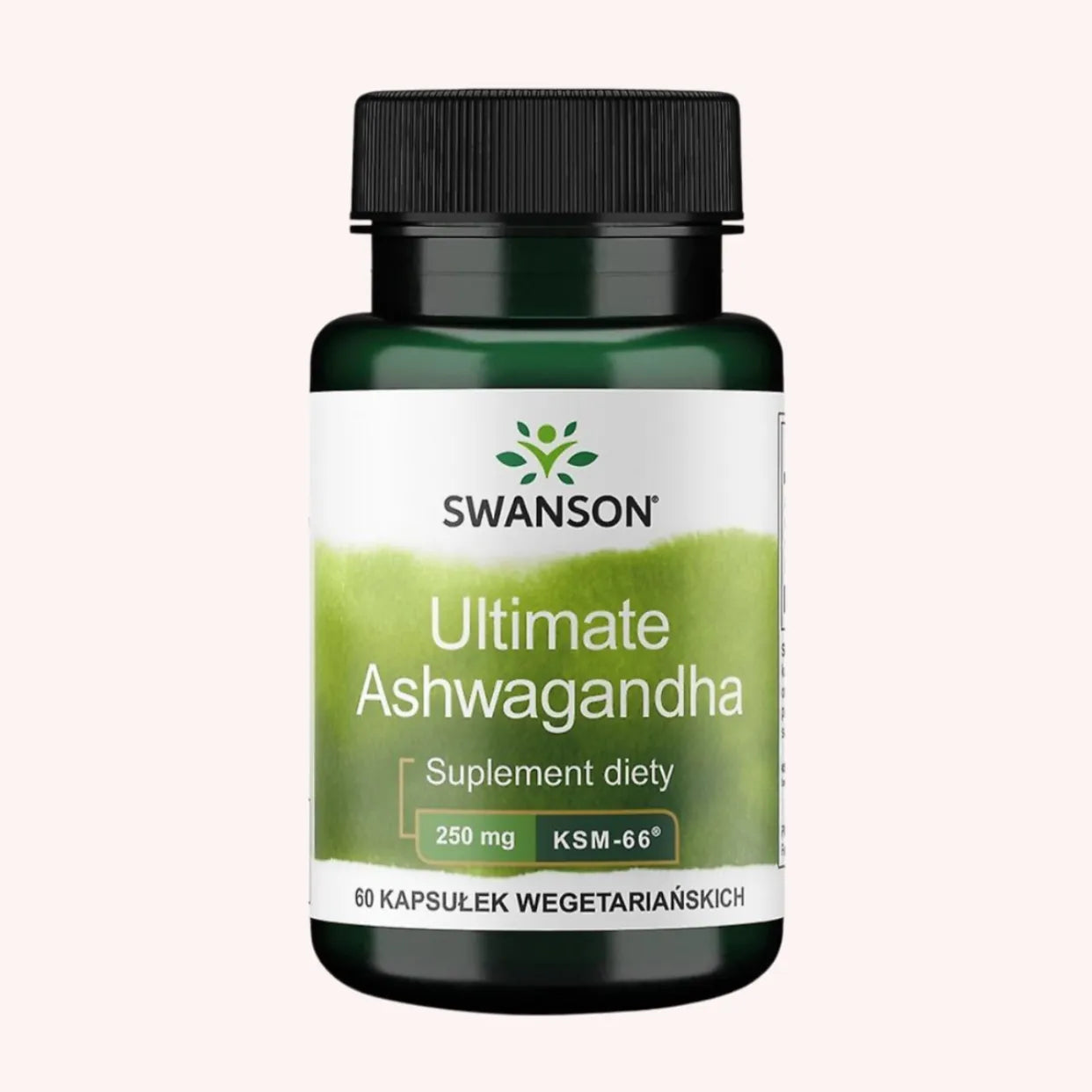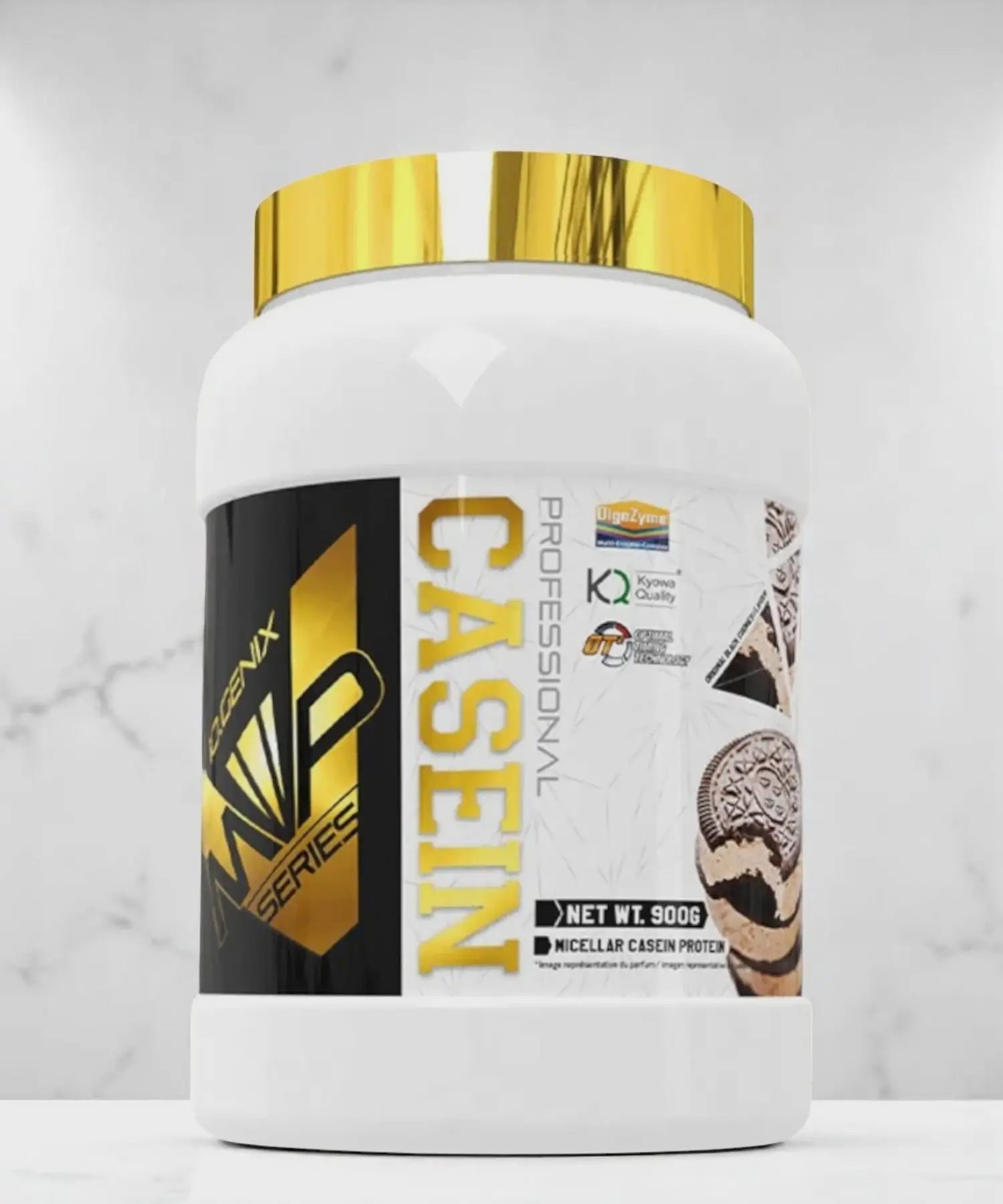7 products
Ashwagandha, this well-known Ayurvedic herb, has become a staple in the world of dietary supplements. Traditionally used for its adaptogenic properties, it is now prized for its benefits in stress management, improving muscle recovery, and supporting athletic performance. But how do you choose a good ashwagandha supplement and how to effectively integrate it into your routine? In this article, we'll guide you through the main benefits of this plant, its optimal dosage, and its specific applications for bodybuilding, stress, and recovery.
What is ashwagandha?
Ashwagandha (Withania somnifera) is an adaptogenic herb that has been used for centuries in traditional Indian medicine, Ayurveda. It is renowned for its stress-management properties and its ability to support physical and mental energy. As a dietary supplement, it is taken in root or concentrated extract form, offering a wide range of benefits. Its effectiveness has been proven in several clinical studies, showing that it improves stress management, physical endurance, and muscle recovery after intense exercise.
Ashwagandha Benefits: Why Include It in Your Daily Routine?
- Stress and anxiety reduction: This adaptogenic herb is often recommended for its calming effects. One study found that ashwagandha may reduce levels of the stress hormone cortisol. By regulating this hormone, ashwagandha helps reduce anxiety and promote a state of calm and relaxation. (1)
- Improved athletic performance: Thanks to its adaptogenic properties, it's also a great ally for athletes. A 2015 study showed that ashwagandha improves muscle strength and recovery after exercise. Athletes who took it experienced improved physical performance and reduced muscle fatigue. (2)
- Sleep and sleep quality support: It is also beneficial for improving sleep quality. Its ability to reduce stress contributes to better falling asleep and restful sleep , essential for optimal muscle recovery.
Why choose an ashwagandha dietary supplement?
Ashwagandha is one of the few supplements that combines beneficial effects on emotional balance and physical performance. In addition to its adaptogenic role, it supports:
- Stress and anxiety management
- Improving muscle strength and endurance
- Reducing fatigue
- Promoting restful sleep
How to use ashwagandha to maximize its effects?
Recommended Dosage: Ashwagandha dosage varies based on individual needs. Generally, recommended doses range from 250 mg to 1000 mg of standardized extract per day. However, it is recommended to start with a lower dose and adjust based on your body's response. It is always best to consult a healthcare professional before starting any dietary supplement.
Recommended form: This herb is available in capsule, powder, or liquid extract form. To maximize its effects, choose extracts standardized to 5% withanolides, which are the herb's main active compounds.
Best Times to Consume Ashwagandha
- Morning: To reduce stress and anxiety at the start of the day.
- Before or after exercise: To improve muscle recovery and endurance.
- Before sleeping: To improve the quality of sleep.
Conclusion: Ashwagandha, a versatile food supplement
Ashwagandha has proven to be a valuable ally for those looking to improve their overall well-being. Whether you're an athlete looking to improve your performance and muscle recovery, or someone looking to better manage stress and promote restful sleep, ashwagandha can provide significant benefits. Remember to consult a healthcare professional before incorporating any supplement into your routine.
Sources:
- Chandrasekhar, K., Kapoor, J., & Anishetty, S. (2012). A prospective, randomized double-blind, placebo-controlled study of safety and efficacy of a high-concentration full-spectrum extract of ashwagandha root in reducing stress and anxiety in adults. Journal of Alternative and Complementary Medicine , 18(7), 747–752. DOI: https://journals.sagepub.com/doi/10.4103/0253-7176.106022
- Wankhede, S., Langade, D., Joshi, K., Shymal R Sinha, & Sauvik Bhattacharyya (2015). Examining the effect of Withania somnifera supplementation on muscle strength and recovery: a randomized controlled trial. Journal of Sports Science & Medicine , 14(4), 911-916. DOI: https://www.tandfonline.com/doi/full/10.1186/s12970-015-0104-9
- Pratte, MA, Nanavati, KB, Young, V., & Morley, CP (2014). An alternative treatment for anxiety: a systematic review of human trial results reported for the Ayurvedic herb Ashwagandha (Withania somnifera). Journal of Alternative and Complementary Medicine , 20(1), 15-21. DOI: https://www.liebertpub.com/doi/10.1089/acm.2014.0177
- Mikulska, P., Malinowska, M., Ignacyk, M., Szustowski, P., Nowak, J., Pesta, K., Szeląg, M., Szklanny, D., Judasz, E., Kaczmarek, G., Ejiohuo, OP, Paczkowska-Walendowska, M., Gościniak, A., & Cielecka-Piontek, J. (2023). Ashwagandha (Withania somnifera)—Current Research on the Health-Promoting Activities: A Narrative Review. Pharmaceutics , 15(4), 1057. DOI: https://www.mdpi.com/1999-4923/15/4/1057





